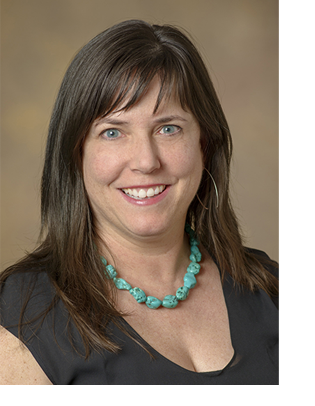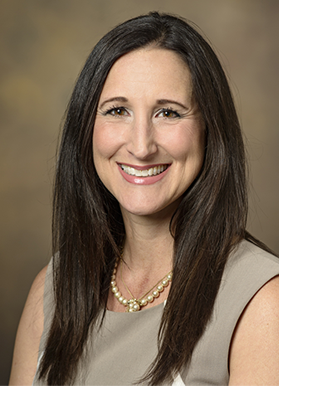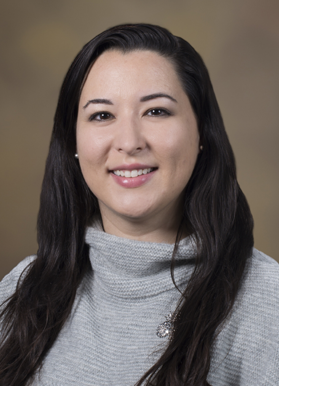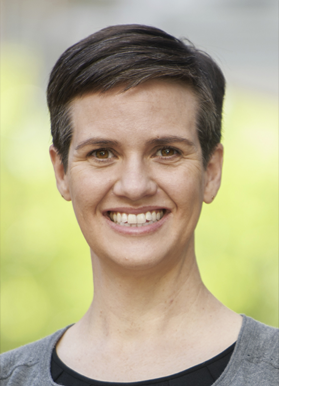 Julie Armin, PhD
Julie Armin, PhD
Assistant Professor, Family and Community Medicine
Assistant Professor of Practice, Health Promotion Sciences
Director, Health Disparities Curriculum, College of Medicine – Tucson
Julie Armin, PhD, centers her research program on building an evidence-base to help connect historically marginalized populations to health and social services. Dr. Armin’s long-term research goal is innovation in health services delivery, using community-informed approaches to increasing accessibility and availability of evidence-based cancer care. In doing so, she aims to address gaps in cancer prevention and treatment, as well as investigate communities’ disconnection from the services that support their health and wellness. View profile >>
 James Cunningham, PhD
James Cunningham, PhD
Professor, Family and Community Medicine
Associate Professor, Public Health
Dr. Cunningham’s research interests include social epidemiologic methods, program and policy evaluation, health services workforce quality, and health disparity determinants. He introduced and helped develop the study of how essential/precursor chemical controls impact illicit drug production, use, and morbidity. He is also working to foster more population-based health research among indigenous peoples. View profile >>
 Jennifer De La Rosa, PhD
Jennifer De La Rosa, PhD
Assistant Research Professor, Family and Community Medicine
Director of Evaluation, Project FUTRE
Professional Persona
Jennifer S. De La Rosa PhD is a medical sociologist and data scientist specializing in treatment utilization and quality, health outcomes and functional outcomes including quality of life in the interrelated areas of chronic pain, substance use, and mental illness.
Research Program
De La Rosa's research program characterizes the intersection of chronic pain, mental health and substance use disorder, treatment use, quality, outcomes, and health equity. She directs strategy at the Comprehensive Center for Pain in Addiction. Though she has worked in diverse content areas, the themes of self-determination, adaptation, empowerment, and skills development is present throughout. Ultimately, Dr. De La Rosa’s intended impact is to empower the public and decision-makers with actionable insights to support better health outcomes and quality of life for all people impacted by these conditions. View profile >>
 Jacy Farkas
Jacy Farkas
Associate Director, UCEDD
UCEDD Research
Focus on intersectionality and disparities
a. Improving access to disability services for refugees with disabilities
b. Disability experiences in the borderlands
c. Youth with disabilities in foster care
d. Sexual violence against people with IDD
e. Abuse and neglect prevention
f. Cancer screening for Native women with IDD
g. Cancer prevention, diagnosis, survival among people with IDD
h. Transition services for youth with disabilities
i. Pregnancy and parenting for people with disabilities
Inclusive Research
a. PICORI – access for people with IDD to health related research
b. NIH – assent strategies for people with Down syndrome
Health
a. Autism Intervention Research Network on Physical Health
b. Swim camp interventions
c. Policy surveillance to assess health promoting policies for people with IDD
 Allison Huff, DHed
Allison Huff, DHed
Assistant Professor, Family and Community Medicine
Dr. Allison Huff, DHed, is an interdisciplinary researcher focusing on the biopsychosocial factors impacting chronic pain, addiction, and health disparities. Current gold-standard care modalities for these persistent and often co-morbid disorders historically increase health disparities for underserved and undertreated groups. Dr. Huff applies convergence research strategies to bring a transdisciplinary approach into medical research to use technology to personalize treatment options. She investigates the use of transcranial direct current stimulation as an adjunctive treatment option for chronic pain and addiction, which has implications for future machine learning and algorithmic opportunities to provide care that is unbiased and objective, reducing disparities. Dr. Huff studies disparities impacting healthcare workers and their patients and develop programs and curriculum that improve workplace environments, access to care and treatment options. View profile >>
Karen Lutrick, PhD
Associate Professor, Family and Community Medicine - (Research Scholar Track)
Vice Chair for Research, Family and Community Medicine
Karen Lutrick, PhD, is an Associate Professor and Vice Chair of Research in Family and Community Medicine at the University of Arizona. Her primary research is focused on designing and implementing community and clinical research on respiratory viruses, vaccine hesitancy, and other issues related to primary care and critical care. Additionally, she has expertise in research education, building research infrastructure, rural health, social drivers of health, data science, and dissemination and implementation science (D&I), and practice-based research networks.
 Yumi Shirai, PhD
Yumi Shirai, PhD
Associate Professor, Family and Community Medicine
Assistant Professor, Applied Intercultural Arts Research - GIDP
Director, ArtWorks
Dr. Yumi Shirai’s research projects broadly address two areas: a) identifying gaps and inequitable health care and health-related services for adults with physical and cognitive challenges, and their caregivers, including people with intellectual and/or developmental disabilities (IDD) and dependent elders and b) promotion of inclusive community and social connections via creative arts projects for adults with IDD.
Here are a few examples of specific projects and their impacts:
The Access for Intellectually and/or Developmentally Disabled People to Health-Related Research Project (AIDD2Health), funded by the Patient-Centered Outcomes Research Institute, aims to develop a library of resources and tools for health researchers that promote the inclusion of people with IDD in research. The project team consists of advocates, family members, professionals, and stakeholders, ensuring support for health-related research that addresses the needs and desires of intellectually and/or developmentally disabled individuals for healthy living.
The Daily Understanding of Caregiver Study (DUCS) provides an inclusive understanding of caregiver stress-coping phenomena through a multi-level analysis of daily repeated measures of life events and caregivers’ stress reactions. It also includes in-depth qualitative interviews, resulting in nine papers published in peer-reviewed journals.
The Role of Arts and Impact of COVID-19 for Adults with IDD Study: Dr. Shirai is leading this study, which is funded by the National Endowment for the Arts. The study aims to identify critical barriers and challenges faced by the IDD community, as well as creative solutions. They utilize a mixed methodology approach, using survey and interview data from creative organizations that serve people with IDD. Their findings are currently under review for publication in a peer-reviewed journal. View profile >>
 Celina Valencia, DrPH
Celina Valencia, DrPH
Associate Professor, Family and Community Medicine
Research Associate, Cancer Center Division
Celina Valencia, DrPH, is a health equity scientist, trained as a social epidemiologist, who utilizes data science analytical approaches to develop new methods for measuring biological pathways of social adversity. Dr. Valencia’s emerging program of research centers the role of social epigenomics in patterns of increased breast cancer mortality risk in the United States. As epigenetic signatures are both modifiable and reversible, the long-term goal of her research is to identify clinical and translational applications to improve rates of survivorship in women from historically marginalized backgrounds. View profile >>




